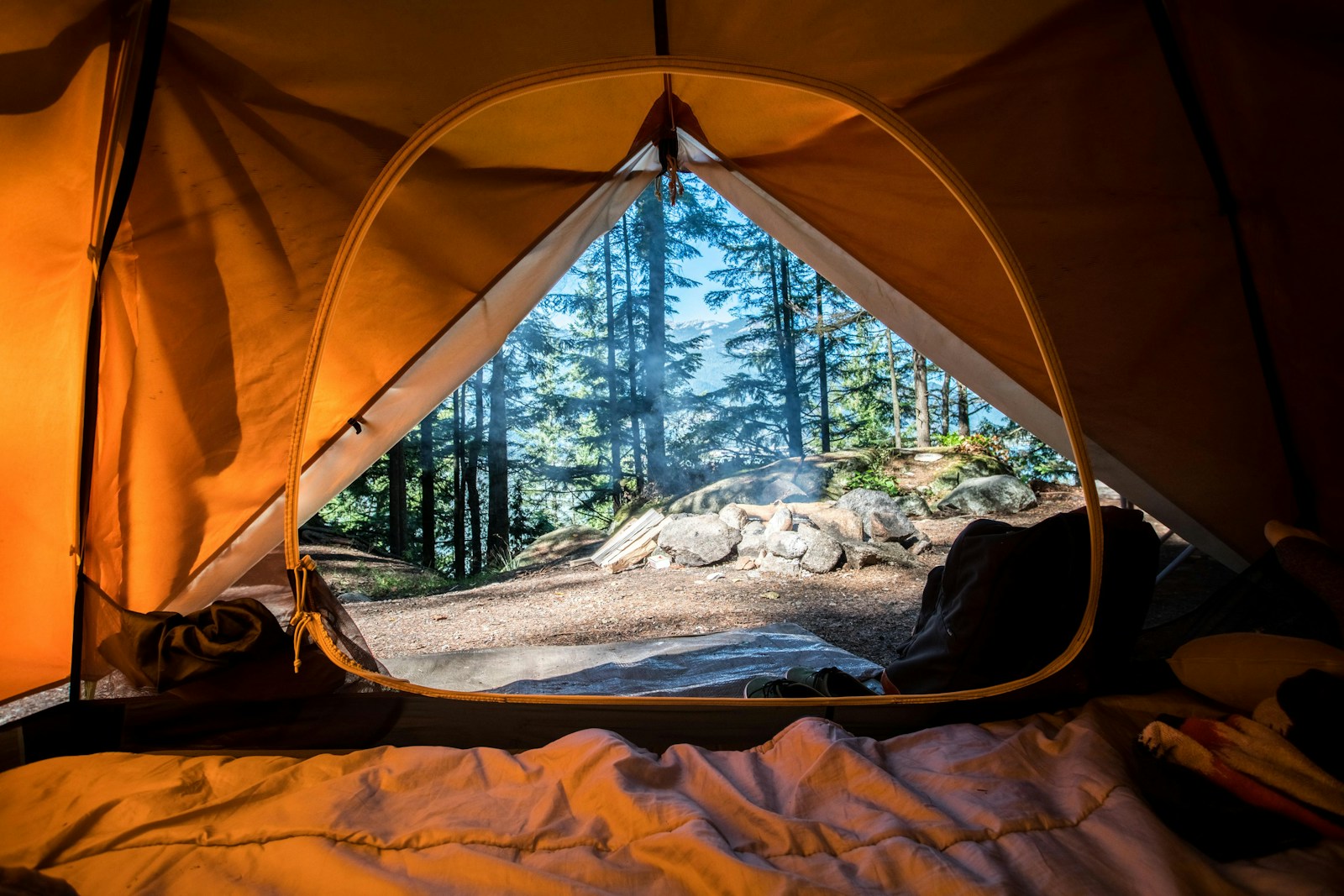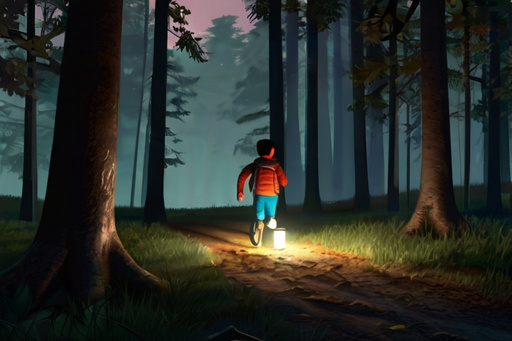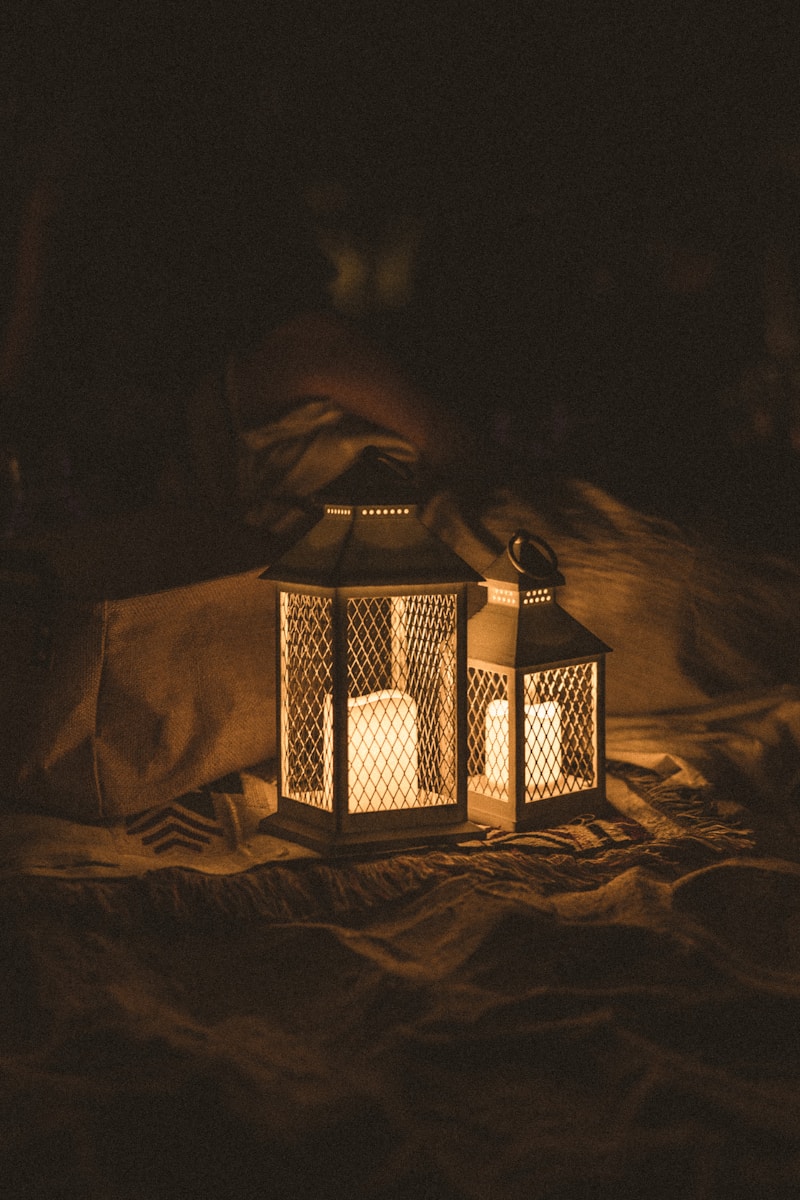Camping is a great way to reconnect with nature and create lasting memories, but it’s important to prioritize safety during your outdoor adventure. That’s why we have compiled a list of 10 essential camping safety tips to help you have a secure and worry-free trip. Whether you’re a seasoned camper or a first-timer, these tips and tricks will ensure that you have a fantastic outdoor experience while keeping yourself and your loved ones safe. From packing the right gear to knowing how to handle wildlife encounters, we’ve got you covered. So lace up your hiking boots and get ready for an unforgettable camping journey!

Start Off With 10 Essential Camping Safety Tips
Choosing a Campsite
Before heading out on your camping adventure, it’s essential to carefully research the campsite you plan to visit. Take the time to read reviews and gather information about the facilities, amenities, and potential hazards. Look for any recent reports of dangerous wildlife sightings, or weather conditions that could pose a risk. By doing your homework, you can ensure that you choose a campsite that is suitable for your needs and safe for your stay.
Checking for potential hazards at your chosen campsite is another crucial step in ensuring your safety while camping. Look for any signs of hazardous terrain, such as steep cliffs, unstable ground, or overhanging trees. It’s also important to check for any potential wildlife habitats nearby, such as beehives or snake nests. Taking note of these hazards will allow you to plan your campsite setup and activities accordingly, minimizing the risk of accidents or encounters with wildlife.
Setting Up Camp
When setting up your campsite, finding a flat and level area is essential for both comfort and safety. Avoid sloped or uneven ground, as it can make sleeping and walking around your campsite challenging. Additionally, be sure to clear the selected area of any debris, such as branches, rocks, or sharp objects, which could cause injuries.
Choosing an area away from fire hazards is crucial for campfire safety. Look for a spot that is free from overhanging branches or dry vegetation, as these can easily catch fire from embers or sparks. It’s also essential to consider the wind direction when setting up your tent to avoid potential smoke or hot ash blowing into your sleeping area.
Proper tent ventilation is vital for a good night’s sleep and to prevent condensation buildup. When setting up your tent, ensure that it has sufficient ventilation by opening up windows or vents. This will help to circulate fresh air and prevent the tent from becoming stuffy or humid, reducing the risk of respiratory issues.
Campfire Safety
Campfires are a classic part of the camping experience, but it’s crucial to follow local fire regulations and guidelines to ensure safety. Before starting a campfire, check with the campsite management or local authorities regarding any fire restrictions or bans in place. This will help you avoid fines and minimize the risk of wildfires.
When building a campfire, it’s best to use a designated fire ring or pit provided by the campsite. These designated areas are typically designed to contain the fire and reduce the risk of spreading. Never build a fire on bare ground, as it can cause irreversible damage to the soil and surrounding vegetation.
Never leave a campfire unattended, even for a short period. It only takes a moment for a fire to spread and become unmanageable. Make sure to have a bucket of water or sand nearby to extinguish the fire in case of emergency. Before going to sleep or leaving the campsite, fully extinguish the fire by drowning it with water and stirring the ashes to ensure there are no remaining hot embers.
Food Safety
Proper food safety practices are essential to avoid foodborne illnesses and to prevent attracting wildlife to your campsite. When camping, it’s crucial to keep your food stored securely in airtight containers or coolers to prevent animals from getting attracted to the smell. Be mindful of food waste as well and ensure it is disposed of properly to avoid attracting wildlife to your campsite.
When storing food, make sure to keep it away from your sleeping areas. This prevents any unwanted visitors from entering your tent during the night in search of food. Avoid storing food inside your tent, as this can lead to unwanted encounters with wildlife and increases the risk of damage to your camping gear.
Using airtight containers for your food not only keeps it fresh but also ensures that smells are not dispersed, reducing the likelihood of attracting wildlife. By practicing proper food safety measures, you can enjoy your meals without worrying about unwanted animal encounters or the risk of foodborne illnesses.
Wildlife Safety
While camping, it’s important to coexist harmoniously with the wildlife in the area. Keeping a safe distance from wild animals is crucial for both your safety and theirs. Never approach or try to feed any wildlife, as this can not only be dangerous but also disrupt their natural behavior and put them at risk.
Properly storing food is key to minimizing interactions with wildlife. By securely storing your food in bear-resistant containers or hanging it from trees, you reduce the likelihood of animals being attracted to your campsite. Smells from food can travel long distances, attracting not only bears but also smaller animals like raccoons or squirrels.
Making noise to alert animals of your presence is another important safety measure. While hiking or moving around the campsite, talking or singing can help warn animals of your approach and prevent surprise encounters. This is especially crucial in areas known for bear activity, as startling a bear can lead to a dangerous situation.
In bear country, it’s advisable to invest in bear-resistant containers or bear canisters for storing food and other scented items. These containers are designed to be bear-proof and will significantly reduce the risk of bears getting into your supplies. Additionally, familiarize yourself with bear safety procedures and know how to react if you encounter one during your camping trip.
Weather Preparedness
Being prepared for various weather conditions is essential to ensure your safety and comfort during your camping trip. Check the weather forecast before departing for your campsite and pack appropriate clothing and gear accordingly. This includes items such as raincoats, warm layers, sunscreen, and hats.
In case of sudden changes in weather, it’s essential to be prepared. Be aware of signs of changing weather conditions, such as dark clouds, strong winds, or sudden drops in temperature. If severe weather is approaching, seek shelter in a sturdy structure, such as a car or a nearby building. Avoid open areas, tall trees, and bodies of water during thunderstorms to reduce the risk of lightning strikes.
First Aid and Emergency Preparedness
Carrying a well-stocked first aid kit is crucial for any camping trip. The kit should include essentials such as bandages, antiseptics, pain relievers, and any necessary medication. Additionally, familiarize yourself with basic first aid techniques like treating cuts, burns, sprains, and insect bites.
Inform someone of your camping plans before heading off to the campsite. Provide them with details about your destination, expected duration of stay, and emergency contact information. This will help authorities locate you in case of an emergency or if you fail to return as planned.
Familiarize yourself with emergency procedures specific to the campsite or area you’ll be visiting. This includes knowing the location of the nearest medical facilities, emergency evacuation routes, and any local emergency contact numbers. In addition, always carry a map, compass, or GPS device to help navigate the area and prevent getting lost.
Water Safety
Water is essential for survival, but it’s crucial to ensure that the water you consume is safe. When camping near natural water sources, like rivers or streams, it’s advisable to boil or purify the water before drinking. This kills or removes any potential harmful bacteria or parasites that may be present.
Staying hydrated is vital, especially when spending time outdoors. Drink sufficient water throughout the day to prevent dehydration. Carry an adequate supply of water with you or research if there are any reliable water sources available at the campsite.
While swimming may seem tempting, avoid swimming in unknown bodies of water, as they may have hidden dangers such as strong currents, sharp rocks, or underwater obstructions. It’s also important to exercise caution when crossing rivers or streams, especially after heavy rainfall when water levels can rise quickly.
Be aware of waterborne diseases and take necessary precautions to prevent them. This includes avoiding drinking or swimming in stagnant or contaminated water, such as ponds or swamps. Pay attention to any posted warnings or advisories regarding water safety and follow them accordingly.
Personal Safety
Ensuring personal safety and security should never be overlooked when camping. Always inform someone you trust about your camping location and estimated duration of stay. This information will help them alert authorities if you fail to return as planned or if assistance is needed.
Be cautious of strangers you may encounter while camping and trust your instincts. While camping is often a social activity, it’s important to maintain boundaries and be cautious when interacting with unfamiliar individuals. If you feel uncomfortable or unsafe, trust your intuition and distance yourself from the situation.
Secure your personal belongings to prevent theft or loss. Store valuables in a locked vehicle or keep them inside your tent when you’re away. Consider using a lock to secure your tent zipper or invest in portable safes for additional security.
Always be aware of your surroundings, especially at night. Carry a whistle or signaling device to attract attention in case of emergencies. Familiarize yourself with the location of emergency exits or evacuation routes, and know how to use them if necessary.
Leave No Trace
Responsible camping includes leaving no trace behind you. Pack out all trash and waste, leaving the campsite as clean as or cleaner than you found it. Avoid littering and dispose of all garbage in designated bins or by carrying it out with you. This helps preserve the natural beauty of the campsite and prevents harm to wildlife.
Minimize your impact on plants and wildlife by sticking to established trails and campsite areas. Avoid trampling vegetation or disturbing animal habitats. Respect any signs or barriers that indicate protected or fragile areas, such as fragile ecosystems or endangered species habitats.
Do not damage or remove natural objects from the campsite or surrounding areas. This includes rocks, plants, or any other natural features. Leave them undisturbed for future campers to enjoy and help preserve the natural environment.
Respecting wildlife and their habitats is vital for their well-being. Observe wildlife from a distance and do not attempt to touch or interfere with their natural behaviors. Avoid feeding any animals, as this disrupts their natural feeding patterns and can lead to dependence on human sources for food. By practicing responsible camping, you can enjoy the outdoors while minimizing your impact on the environment.
Remember, safety should always be your top priority when camping. By following these essential camping safety tips, you can have a secure and enjoyable camping experience. So pack your gear, plan your trip, and get ready to create unforgettable memories in the great outdoors! Happy camping!



Leave a Reply